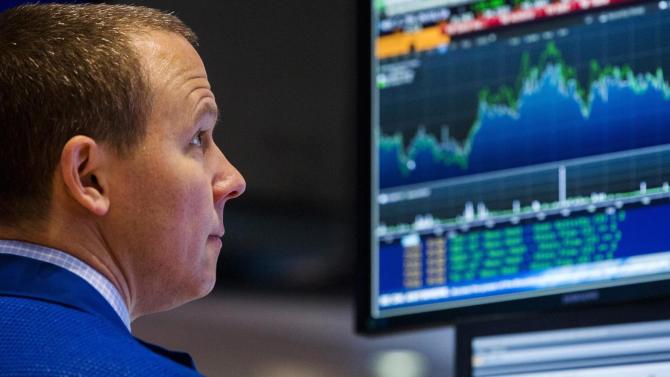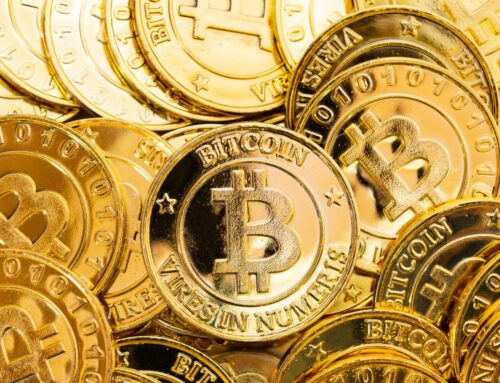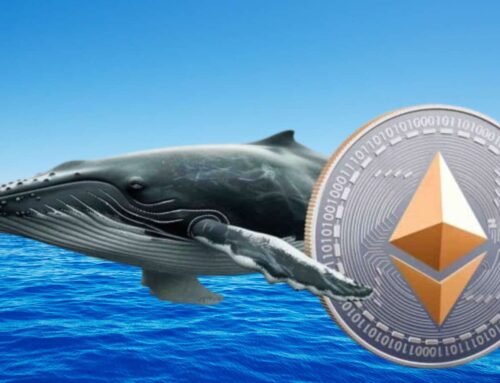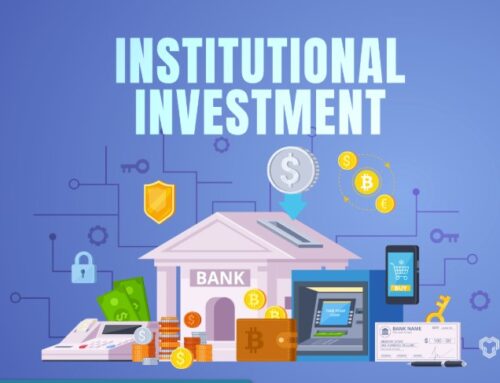Fear not–VIX signaling all clear for stocks: Strategist
July 17, 2015
Fear is in a bear market.
The CBOE Volatility Index (INDEX: .VIX), or fear index as some traders call it, is trading at its lowest level since December 2014 and has fallen more than 39 percent in the past week, marking its second-largest decline ever. And while some investors may look at the low reading as a sign of complacency, one strategist contends it’s creating an attractive buying opportunity.
“It’s been a stunning decline in spot VIX over the past five days,” Jim Strugger said Thursday on CNBC’s “ Futures Now .” “This sets up well for stocks over the next several weeks into the fall.”
According to Strugger, a low VIX read shouldn’t come as a surprise to market participants. “The top five declines seen in the history of the VIX have occurred since January 2013, when the market moved into this low volatility environment,” said MKM Partners’ derivatives strategist.
Read More Stocks near new highs, but don’t celebrate yet
And amid continued geopolitical uncertainty and jitters over a potential rate hike later this year, Strugger advised investors not to worry about stocks just yet.
“From a seasonal perspective, typically equity volatility bottoms right around here and tends to peaks in mid-October,” he said. “So if you take into consideration the possibility for a rate hike in September/October and seasonal factors, it’s unlikely we will see equity volatility until then.”
Nonetheless, Strugger still believes volatility will remain relatively low for the next couple of years, which should bode well for the stock market.
“In volatility terms, we’re only 2.5 years into this period of low volatility and historically, they tend to last five years,” he said. “So you can certainly make the argument that there is another 2 or 2.5 years of low volatility environment which could correspond with an ongoing bull market.”
Search
RECENT PRESS RELEASES
Related Post






